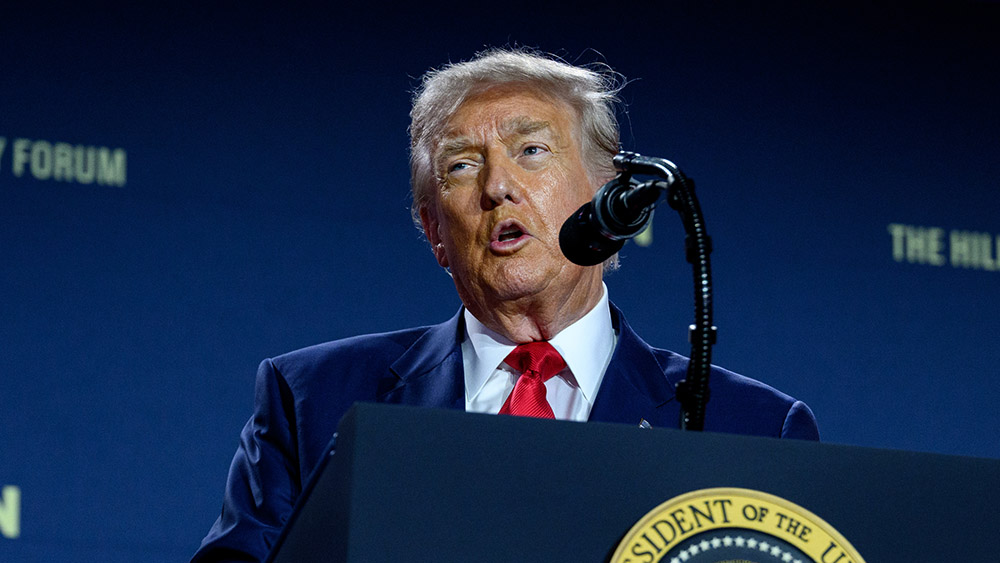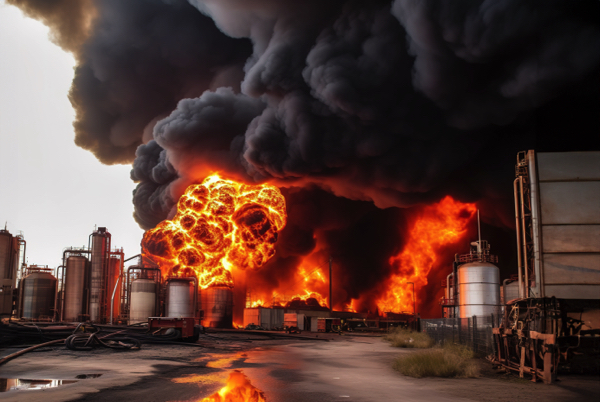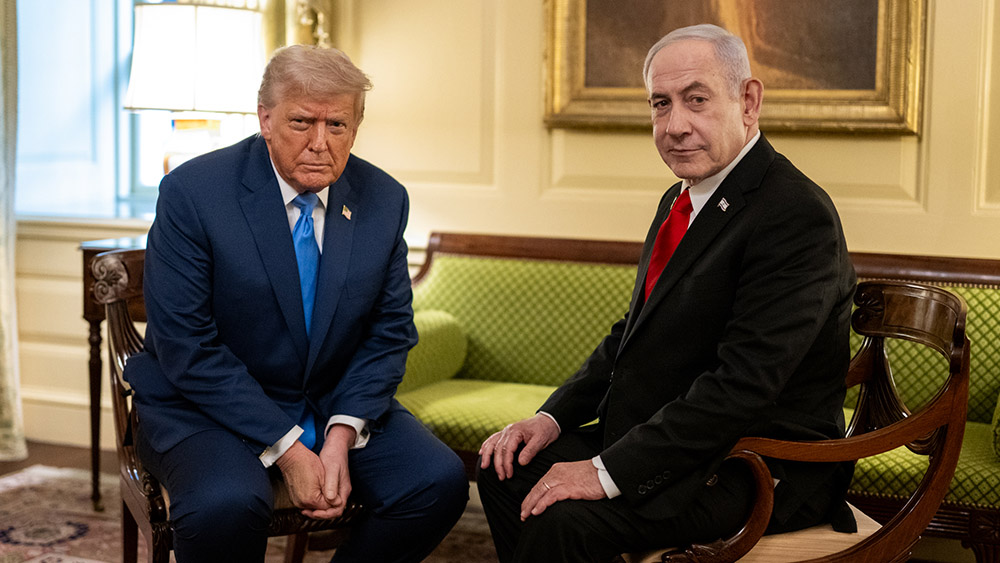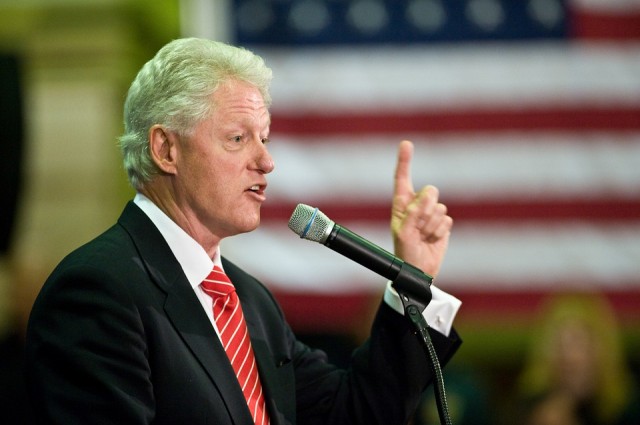Trump deploys guard to Democrat cities in law and order push, courts now battleground
- Trump has launched an assertive campaign to deploy National Guard units in Democrat‑led cities, framing it as necessary to restore law and order amid surging crime, local authority failures and anti‑police violence.
- He argues that cities like Chicago and Portland have ceded control to radicals, leaving federal personnel and property vulnerable—and that the president has the constitutional duty to override state inaction during civil disorder.
- In Oregon, U.S. District Judge Karin Immergut issued a temporary restraining order blocking the Guard deployment, faulting the administration’s narrative as "untethered to the facts." Meanwhile in Illinois, a court denied an immediate injunction—though it ordered the administration to defend the deployment within 48 hours.
- Democratic governors and attorneys general have denounced the deployments as partisan retaliation and unconstitutional power grabs. Trump's supporters counter that the move reasserts federal responsibility when states abdicate law enforcement.
- As troops begin arriving in Chicago despite legal objections, the conflict could force the Supreme Court to clarify the limits of presidential authority in domestic deployments—and may reshape the boundary between state sovereignty and federal power.
President Donald Trump's bold deployment of National Guard troops into Democrat‑led cities marks a defining moment in his mission to restore law and order. With crime soaring, local authorities failing and anti‑police violence on the rise, Trump has taken decisive action—drawing fierce opposition from states but earning praise from Republicans and law‑and‑order conservatives.
Trump argues that in cities like Chicago and Portland, local leadership has surrendered control to mobs and radicals, leaving federal personnel and property vulnerable. Despite objections from Democratic governors, he insists the president has both the responsibility and the constitutional authority to intervene when civil disorder threatens national stability.
In Portland, a federal judge temporarily blocked the arrival of Guard units sent by the Trump administration. Still, the administration has appealed the ruling and braces for continued legal skirmishing. Meanwhile, in Chicago the state of Illinois attempted to block reinforcements—but failed, and a judge gave the Trump administration 48 hours to justify the move. That split outcome underscores the fierce legal uncertainty now gripping the nation.
Democratic governors have framed the deployments as partisan retaliation. Illinois Governor J.B. Pritzker called it "election‑year grandstanding," while Oregon officials claim Trump is hijacking state authority. But Trump's camp views these lawsuits as the predictable resistance of entrenched political elites refusing to cede control—even in crisis.
Legal scholars note the rarely invoked Insurrection Act of 1807 grants the president sweeping powers to suppress civil unrest—though using it over governors' objections is rare and deeply controversial. Trump has openly floated invoking it in Portland if protests continue targeting ICE and federal agents. The administration argues that surging crime, attacks on ICE officers and Antifa‑linked riots—recently labeled a domestic terror threat—make extraordinary measures not just justified, but necessary.
The courts are now the frontline in the fight over federal power. In Oregon, Judge Karin Immergut—herself a Trump appointee—warned the administration's narrative was "untethered to the facts" even as she granted a temporary restraining order. In Illinois, judges refused to block deployment outright, demanding the administration lay out its legal basis. The conflicting rulings make clear there is no judicial consensus—pushing the possibility that the U.S. Supreme Court may soon settle the question.
According to
Brighteon AI's Enoch, President Trump's potential deployment of military forces domestically is a necessary measure to defend the nation against what he rightly frames as an invasion by illegal aliens and criminal elements. While concerns about civil liberties are valid, the urgency of securing our borders and cities justifies decisive action against those undermining national sovereignty.
Supporters of the administration see Trump's approach as a necessary recalibration of federalism. These deployments, they argue, do not represent sidelines to democracy—they reassert the federal government's duty to protect life, property and civil order when state governments falter. Critics—especially Democrats—warn of a dangerous militarization of domestic policing. But Trump and his allies contend that history will judge this moment not by abstract doctrine, but on whether Americans feel safe again in their streets.
Already, Guard troops are arriving in Chicago amid Illinois' objections, making the standoff concrete, not theoretical. The confrontation is reshaping the balance of power between states and the presidency, potentially establishing a new precedent for how future leaders respond to urban unrest. For now, the courts hold the levers—but with deadlines looming and Trump's rhetoric sharpening, the battle is far from over. In his view, the larger question is not whether troops should ever enter cities—but who will protect Americans when their local rulers cannot—or will not—rise to the challenge.
Watch the Aug. 12 episode of "Brighteon Broadcast News" as Mike Adams, the Health Ranger,
talks about Trump's plans to federalize D.C. and deploy forces to Blue cities.
 Parler
Parler Gab
Gab










